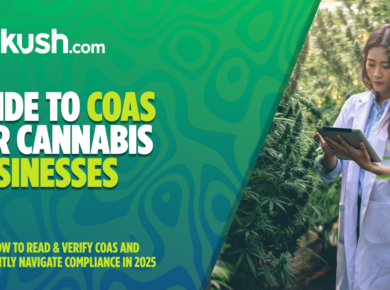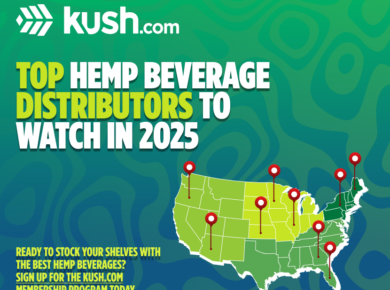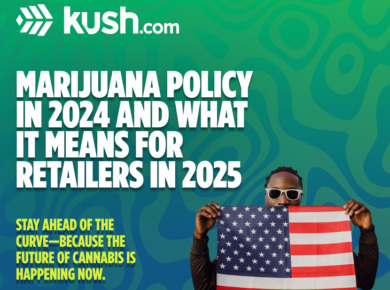Since the passage of the Agriculture Improvement Act of 2018, hemp producers have found themselves in a tricky predicament. Hemp cultivation and production is finally legal at a federal level. But where to start? Let’s turn to the USDA.

The law allows provisions for hemp cultivation and removes hemp and hemp seeds from the Drug Enforcement Administration’s Schedule of Controlled Substances. However, there are many steps necessary along the way to get to the final, finished product of legally cultivated hemp and processed hemp products. One of the first and most crucial steps to begin the cultivation process is legally acquiring hemp seeds to plant.
Since the passage of the Agriculture Improvement Act, the U.S. Department of Agriculture has been tasked with setting up rules and guidance for the newly legal hemp industry, and they’ve been making painstakingly slow progress. On April 18, 2019, the USDA finally revealed the first in what will be a series of regulations on hemp production.
Find Hemp seeds now on Kush.com
The memorandum from the USDA reveals that the first order of business will be to implement a legal avenue for obtaining hemp seeds from Canada:
Hemp seeds can be imported into the United States from Canada if accompanied by either: 1) a phytosanitary certification from Canada’s national plant protection organization to verify the origin of the seed and confirm that no plant pests are detected; or 2) a Federal Seed Analysis Certificate (SAC, PPQ Form 925) for hemp seeds grown in Canada.
USDA
The memo goes on to say that hemp seeds may be imported from other countries other than Canada, but these will also require a phytosanitary certification verifying the origin of the seeds and confirming that no pests are detected. These hemp seeds will also be subject to inspection upon arrival at the port of entry by U.S. Customs and Border Control to ensure that regulations are upheld.
A phytosanitary certification is a fairly novel idea, but it is one that has been vital to the agricultural industry and the burgeoning hemp industry. A phytosanitary certification indentifies the origin of all imported agricultural products, and provides a tracking number . This helps reduce the spread of animal and plant pests, as well as noxious weeds.



